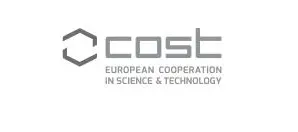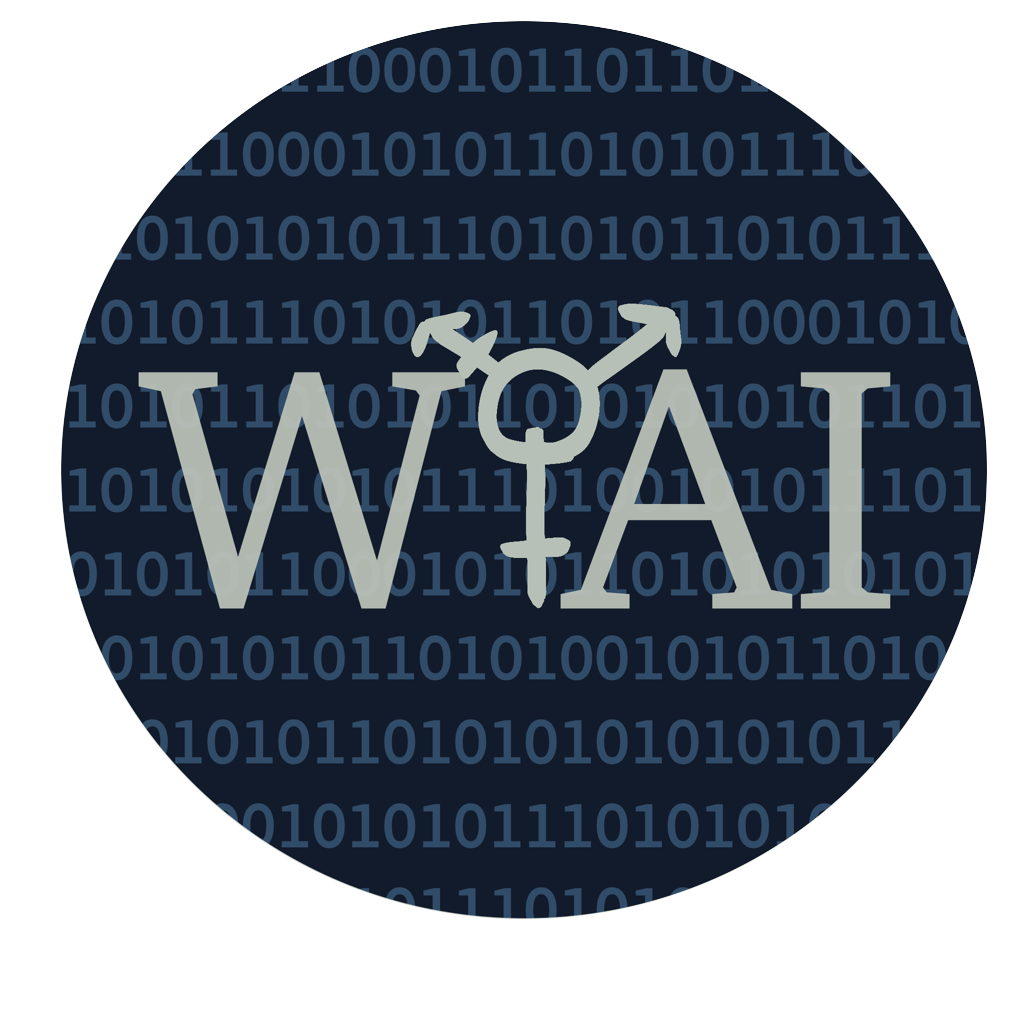Research Project "European Network For Gender Balance in Informatics"
Project Description and Goals
Funding Period: October 2020 - December 2024
An overview of the project progress as well as participating countries and their representation can be found here.
Women are underrepresented in Informatics (Computer Science, Computer Engineering, Computing, ICT) at all levels, from undergraduate and graduate studies to participation and leadership in academia and industry.
This is why the research project "European Network For Gender Balance In Informatics" was created. The aim is to strengthen women in informatics and thus improve the gender imbalance.
To this end, the project addresses the following questions:
How can girls be encouraged to decide to study or train in the field of computer science?
How can female students of computer science be assisted in successfully completing their studies and subsequently finding a career?
How can more female PhD students be encouraged to pursue a career in research or a professorship?
How can young women in computer science be assisted and inspired to take on leadership positions despite existing barriers?
To answer these questions, academics from all over Europe will be networked and their experience in the field of women's promotion in computer science will be used to analyse and further develop successful concepts for possible application in other institutions and countries.
Many universities have established successful projects in the past, for example:
- The Bamberg CS30 Strategy - Encouraging female students since 2005, Faculty of Information Systems and Applied Computer Science, University of Bamberg, Germany.
Launched in 2005 with the aim of achieving a ratio of female students to male students of at least 30% in all computer science degree programmes. The number of women enrolling in first-year computer science programmes has increased since 2013, reaching 37% in 2017. This sets a new record in Germany and was awarded the Minerva Informatics Equality Award in 2018. - The Girl Projekt Ada, Faculty of Information Technology and Electrical Engineering, Norwegian University of Science and Technology, Norway.
Started in 1997 with the aim of recruiting more girls to study ICT (Information and Communication Technology) and to prevent school dropouts. The proportion of female participants in ICT studies has almost doubled on average in various programmes and even exceeded 25% in computer science in 2017. - CS4All initiative, School of Computer Science, TU Dublin, Ireland.
Started in 2012 with the aim of increasing the number of female students in computer science bachelor programmes and reducing the number of dropouts in the critical first year. The proportion of female students enrolled in a new computer science bachelor's programme with a focus on internationalisation and globalisation is 22%, twice as high as the proportion in standard computer science. The number of continuations has been greatly improved, especially in the area of first-year students, to a development of 89% in the transition from the first to the second year of study. This is currently the highest rate in Computer Science in Ireland.
At the European level, the coordination of project efforts and the often still missing purpose-oriented funding pose a problem. For this reason, not many projects can be found that are financed by the EU, but there are some noteworthy projects here as well (EQUAL-IST and Women4IT), Europe-wide networks for women in an academic career (Informatics Europe’s Women in Informatics Research and Education Working Group and the ACM-WE committee) and projects for women in ICT professions (CEPIS Women in ICT Task Force and the European Centre for Women and Technology).
The project is funded by the European Cooperation In Science & Technology

